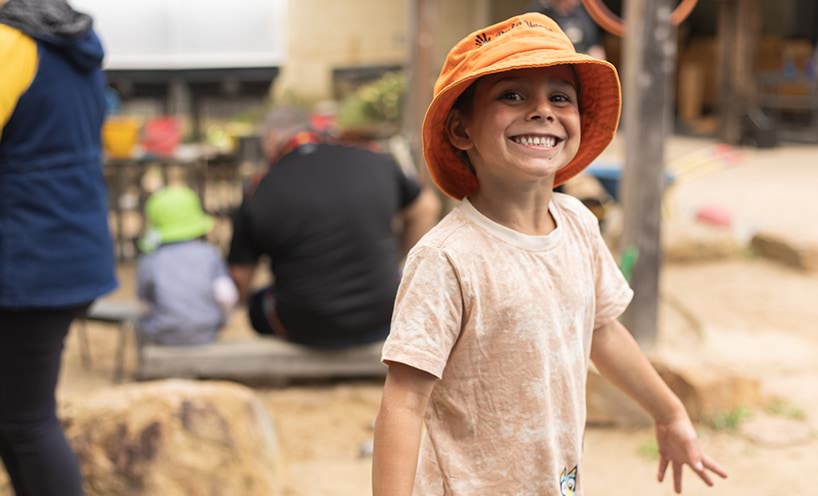Wednesday 11 June 2025 marks the second United Nations International Day of Play (IDOP). The day was introduced to raise the global profile of the power of play.
IDOP also advocates for children’s right to play, under Article 31 of the UN Convention on the Rights of the Child. Play is essential for all children’s learning, development and wellbeing.
This year, IDOP is a chance to celebrate our sector’s achievements in providing more children with access to play-based education in their early years.
Local services with a global impact
IDOP was introduced to recognise that not all children around the world have time, opportunity or safe places to play.
We know that early childhood education is making a big difference to children, families and communities in Victoria.
Centring play
The importance of educating children through play is well established in Australia.
The Victorian Early Years Learning and Development Framework refers to play-based learning as integrated teaching and learning approaches, where skilled educators teach by knowing when to guide, lead and step back from children’s play.
In early learning settings, high-quality learning is realised through an intentionally planned interactive process between an educator and children; a child and their peers; and a child and their environment.
When effective educators act intentionally, they make thoughtful decisions in selecting interactional strategies and activities to advance children’s learning. They take deliberate actions about when to directly support learning, guided by children’s interests and underpinning content of the curriculum. They decide when to stand back to give children space and time to explore, experiment and test their ideas.
As more children access additional hours of kindergarten as part of the Best Start, Best Life reforms, it is important to consider how you can centre play in your service delivery model.
For more information about play-based learning, refer to Why play-based learning?
You can also learn more about the power of play in the Children and Young People’s Call to Action. This was informed by feedback from more than 10,000 children and young people around the world. It identifies barriers to play, proposes solutions and recommendations, and reinforces the right of children and young people to have a say in decisions that affect their lives.
Join the global movement to celebrate play on Wednesday 11 June 2025 and every day!
Find out more
For more information, refer to International Day of Play.
Updated
